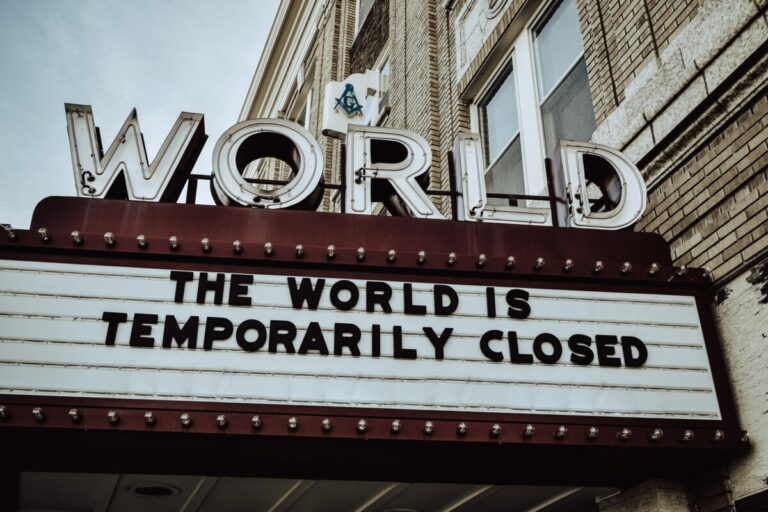Since the late 1990s, I have repeatedly told my family and friends that the internet has fundamentally altered the world we live in because knowledge is power. Then pen truly is mightier than the sword. I have often phrased it like this:
“the internet has transformed everything. We all now have access to all the knowledge of the world. Ignorance is now a choice. Before the internet, people only knew what they were taught or what they were told. It was easy to spread lies because fact-checking was difficult to nonexistent in most places. Sure, some people will believe what they believe and will choose to stay ignorant, but anyone who wishes to double check something told to them can now do so easily. And yes, repressive governments will still attempt to suppress knowledge, but free people everywhere will always demand instant access to all of humanity’s knowledge. There is no turning back now.”
The world has pivoted. A few hundred years ago, the average person’s encounter with knowledge was limited to just a few pages of a modern newspaper during their entire life. Imagine how mysterious the world would be if you were limited to that little knowledge. You would believe literally anything new told to you by an authoritative figure. The average person living in a free country today has access to all the world’s knowledge. Most of us under 60 and living in a modern country carry around all the world’s knowledge in their hand, on their cell phone. Statistically, we still have work to do but as of 2021, about 60% of the world’s population has access to the internet. They have access to all of humanity’s accumulated knowledge, developed over thousands of years. This represents a remarkable shift in the availability and accessibility of knowledge for people all over the world.
Life Before Technology
Before the technology age, knowledge was much harder to come by. In medieval Europe, education was reserved for the wealthy and religious institutions. Most people were illiterate, and the only way to access knowledge was through the oral tradition of storytelling or by attending lectures given by scholars or priests. The rise of belief systems, such as Christianity and Islam, brought with them a new form of knowledge in the form of dogmatic religious texts based on beliefs rather than reality. These beliefs were read and interpreted by the clergy and governments seeking power and control. Even then, these texts were generally only accessible to a select few who were able to read and write.
In ancient Greece, Rome, China, and India, education was much more widespread but was still limited to the elite. In Athens, for example, only male citizens were allowed to attend school, and even then, the focus was on physical training and public speaking rather than a broad education. In China, the imperial examination system was established during the Han Dynasty to select candidates for the civil service, but this was also limited to the upper class. Similarly, in ancient India, education was reserved for the Brahmins, the highest social class.
During the classical period, knowledge was often passed down through oral tradition, with stories and fables being used to convey moral and ethical teachings. Philosophy emerged as a way to understand the world and the human condition, but this too was limited to the intellectual elite. The age of reason in the 17th and 18th centuries saw a shift from dogmatic religious belief systems back towards empirical evidence and scientific discovery, but access to this knowledge remained limited to a select few who had access to education and resources.
It wasn’t until the Renaissance and Enlightenment periods that knowledge and education became more widely available. The printing press allowed for the mass production of books, making knowledge more accessible to the general public and making the repression of information more difficult. Although churches around the world attempted to suppress information through book burning and other repressive means, the printing press ultimately won out. It only took a few people with a printing press in a free area a few weeks to print many copies of some forbidden knowledge, including books that put the Sun, not the Earth, at the center of the universe.
Fast forward to the present day, and we now have the internet, which has revolutionized the way we access and share knowledge. Sure, the internet isn’t perfect and some knowledge still remains offline, but today, more people than ever have access to the internet, giving them instant access to nearly all of humanity’s knowledge developed over millennia. Now, our challenge is to teach humanity how to think so they can reason out falsities and hold onto information that comes closer to the truth. Personally, I think it would go along way if we taught logic and reason with a focus on logical fallacies.















